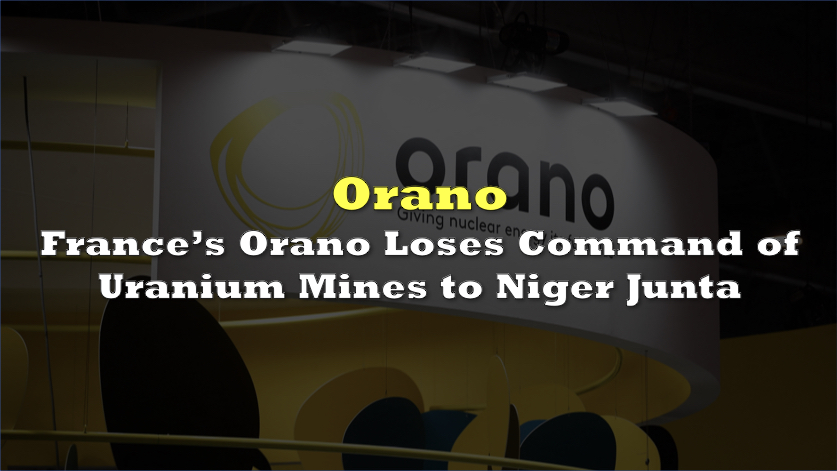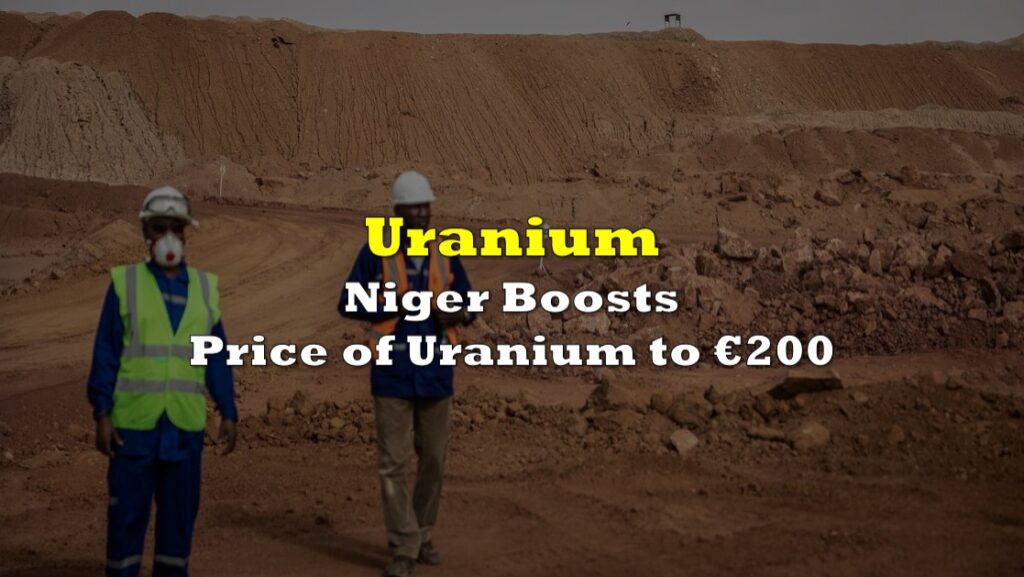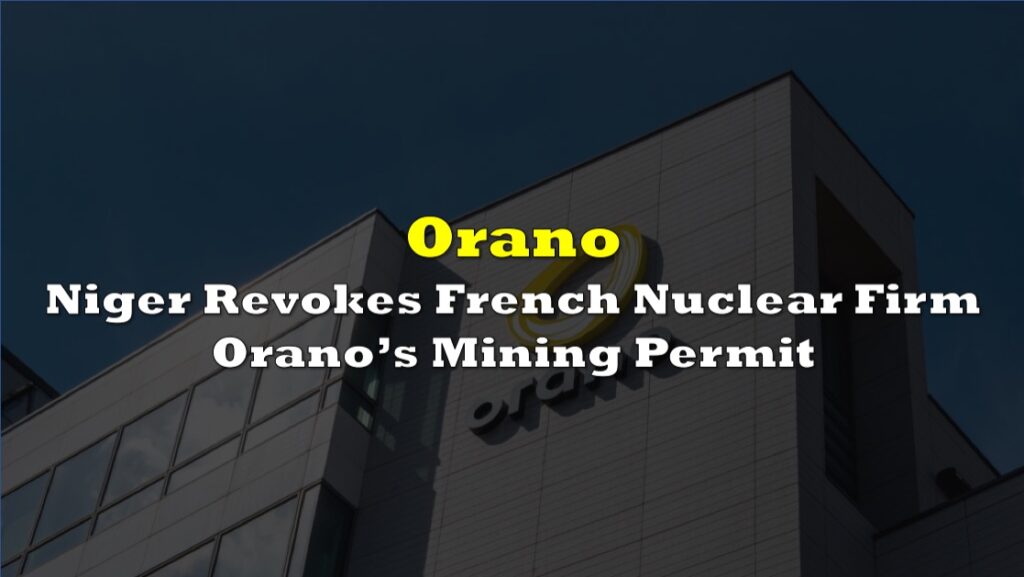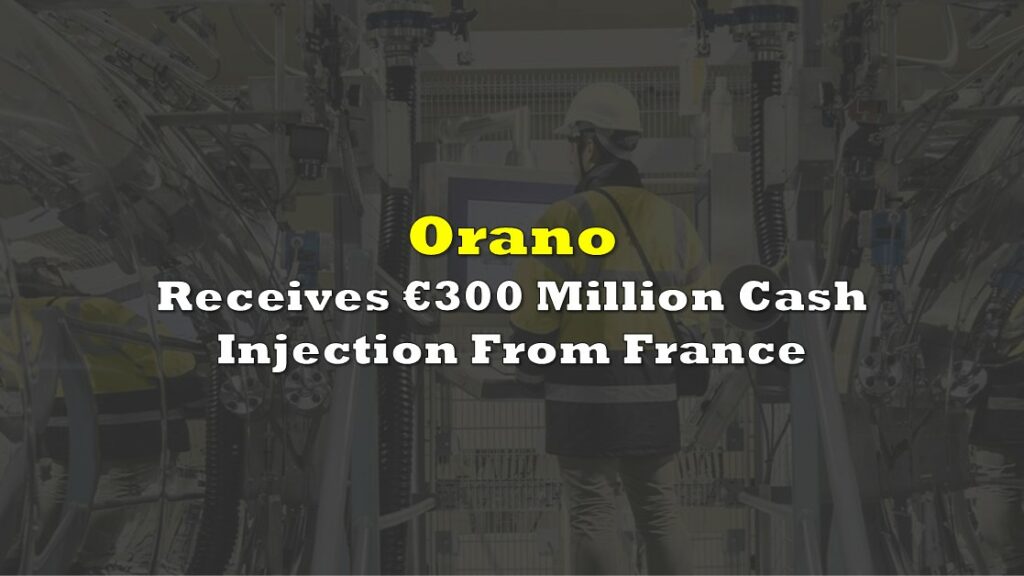French nuclear energy firm Orano confirmed Wednesday that Niger’s military junta has taken operational control of its uranium mining subsidiary, Somair. This marks the latest escalation in a series of tensions between France and its former West African colony following a coup last July that upended the country’s political and economic alliances.
Orano announced in October last year that it had already suspended production at Somair due to worsening operational and financial conditions. However, the recent announcement underscores the junta’s assertive stance on resource management and its distancing from French influence.
For over five decades, Orano has been a cornerstone of Niger’s uranium sector, holding a 63.4% stake in Somair, while the Nigerien state controls the remaining 36.6%. The company was also spearheading development at the Imouraren mine, one of the largest untapped uranium deposits globally, with an estimated 200,000 metric tons of uranium.
The junta, however, withdrew Orano’s license for Imouraren in June, accusing the company of failing to meet development expectations. This decision followed heightened anti-French sentiment and a pivot toward new international partnerships, particularly with Russia.
“For several months, Orano has been warning of the interference that the group has been suffering in the governance of Somair,” the company said in a statement. “The decisions taken at the company’s board meetings are no longer being applied and, as a result, Orano is today confirming that the Nigerien authorities have taken operational control.”
Niger ranks as the world’s seventh-largest uranium producer, and its resources have historically been critical for France. The country relies on nuclear power for approximately 65% of its electricity, with Niger supplying about 15% of its uranium needs. European utilities also depend heavily on Nigerien uranium, which accounted for 25% of the EU’s supply in 2022.
The junta’s recent actions, including expelling French troops and terminating longstanding security agreements with Western powers, have disrupted these supply chains. While Orano has sought to compensate by increasing uranium imports from Canada and Kazakhstan, the geopolitical implications of losing access to Niger’s resources are significant.
Since seizing power, Niger’s junta has been vocal about restructuring mining regulations to ensure greater national control and economic benefit. This policy aligns with broader anti-colonial sentiments that have driven a wedge between Niger and France.
In contrast, Niger’s ties with Russia have deepened. Russian state nuclear firm Rosatom is reportedly in talks with Niger’s government to acquire uranium assets formerly controlled by Orano. This potential shift could bolster Russia’s influence in Africa while further marginalizing Western companies.
Information for this briefing was found via Barron’s and the sources mentioned. The author has no securities or affiliations related to this organization. Not a recommendation to buy or sell. Always do additional research and consult a professional before purchasing a security. The author holds no licenses.









